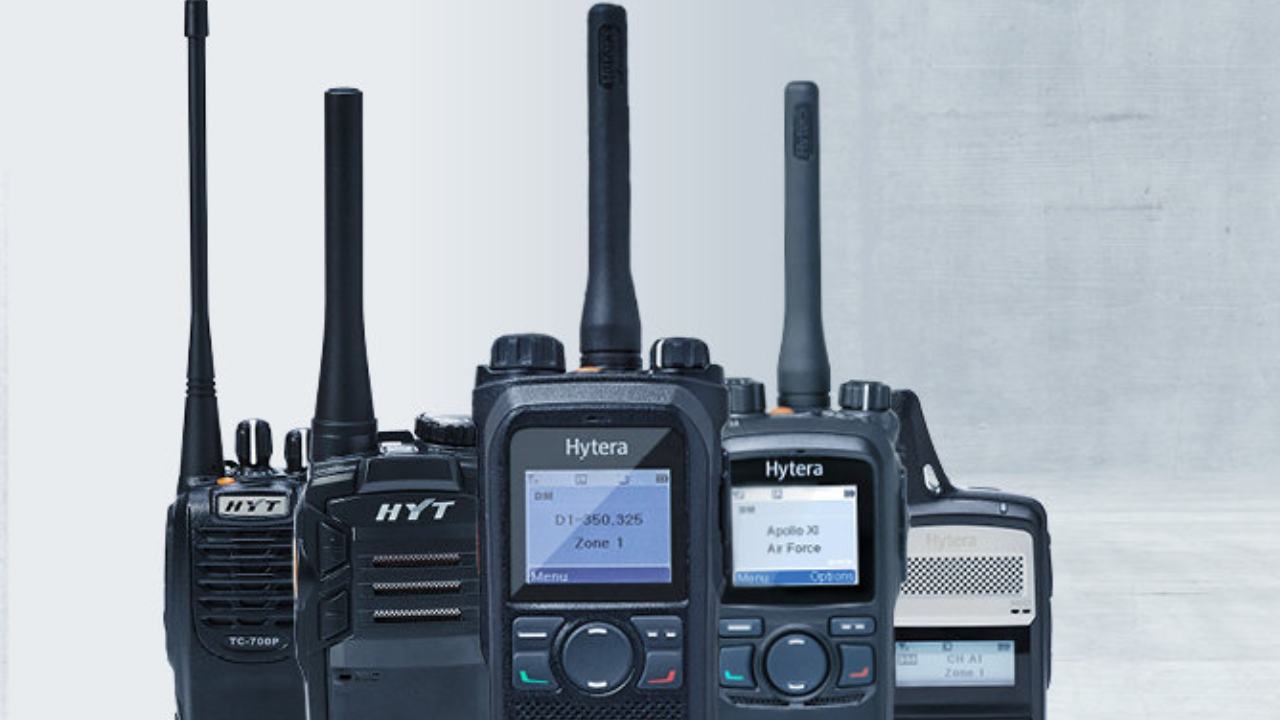Kayleigh shares articles on Society blog. She also blogs about her experiences in the workforce and how she set out to find a career she loved, which led her to work with an ethical employer. maemae believes that life is too short not to enjoy your job, and that there's no shame in pursuing a career you love!

A body-worn camera (BWC) is a small, portable recording device that is worn by a variety of people, including security guards, law enforcement officers, and other professionals, as part of their gear or clothing. These cameras can capture both audio and video, allowing them to record interactions, events, and surroundings in real time. BWCs are commonly attached to uniforms, vests, or other equipment.
They have a wide-angle lens to assure thorough coverage and are powered by rechargeable or removable batteries, allowing for prolonged recording throughout shifts or operations. BWCs right here enable the unbiased recording and examination of occurrences, conversations, and events and serve as an important tool for openness, accountability, and recordkeeping.
Can BWCs Help Prevent Conflicts And De-escalate Situations?
In a variety of professional contexts, particularly in law enforcement and security, body-worn cameras (BWCs) do indeed play a key role in averting disputes and de-escalating situations. As people are aware that their activities are being filmed in real-time, the sheer existence of BWCs can prevent them from acting confrontationally or aggressively.
When interacting with professionals wearing BWCs, this awareness frequently inspires people to behave more sensibly and responsibly. Further encouraging de-escalation is the understanding that an impartial and unbiased record of the interaction is being made, which can result in a more open and accountable conversation. BWC film can be helpful in investigations and reviews since it can be used to confirm the veracity of testimony and reports, which in turn helps to resolve disputes.
BWCs Enhance Efficiency, Transparency, and Safety:
By facilitating transparency, efficiency, and safety in their operations, Body-Worn Cameras (BWCs) serve as a potent tool for law enforcement agencies, security employees, and numerous other professionals. How BWCs contribute to these essential elements is as follows:
Transparency
BWC wearers are encouraged to take responsibility for their actions. Law enforcement officials and security staff are frequently more likely to operate in accordance with established protocols and ethical standards when they are aware that their actions are being videotaped.
This openness may increase the public’s confidence in law enforcement. According to studies, the usage of BWCs can reduce the amount of complaints lodged against law enforcement personnel. Both people and law enforcement personnel may refrain from misbehavior if there is a recording available.
Efficiency
Streamlined documenting: Since audio and video records give accurate reports of occurrences, BWCs eliminate the need for manual documenting of incidents. Time is saved, and administrative work is lightened. BWCs provide for real-time communication between responders and their command centers in emergency response scenarios.
This makes collaboration and decision-making more effective. BWCs make it easier for law enforcement authorities to handle and communicate evidence with relevant parties, including courts and prosecutors. They also enable effective storage and retrieval of recorded material.
Faster Results
BWCs help complaints and lawsuits alleging excessive force usage and other types of officer misconduct to be resolved more quickly. Investigations into incidents involving conflicting versions of the contact from officers and residents are frequently judged to be in the red when there is no video evidence or independent or supporting witnesses and are eventually closed.
Safety
De-Escalation: People involved in situations could behave less aggressively or dangerously if they are aware that the incident is being videotaped. This may help to de-escalate the situation and use less force. In cases of use of force, accidents, and confrontations, BWCs offer crucial evidence that enables unbiased examination and ensures accountability for illegal conduct.
Using recorded video for training enables security and law enforcement officers to evaluate and improve their strategies and responses, ultimately improving safety. Emergency Situations: BWCs can gather important data during emergencies, assisting first responders in evaluating the scene and making decisions that will protect the safety of all parties involved.
Conclusion
Body-worn cameras are a useful tool that improves efficiency, accountability, and transparency while also enhancing the safety of law enforcement personnel and the people they protect. BWCs can be a pillar of contemporary policing and security practices, boosting professionalism and trust within these industries when properly developed and used.
